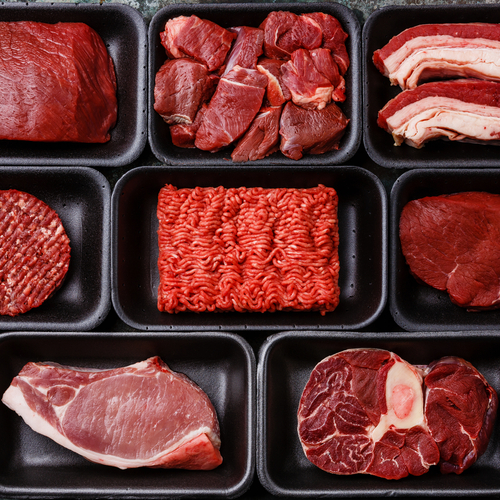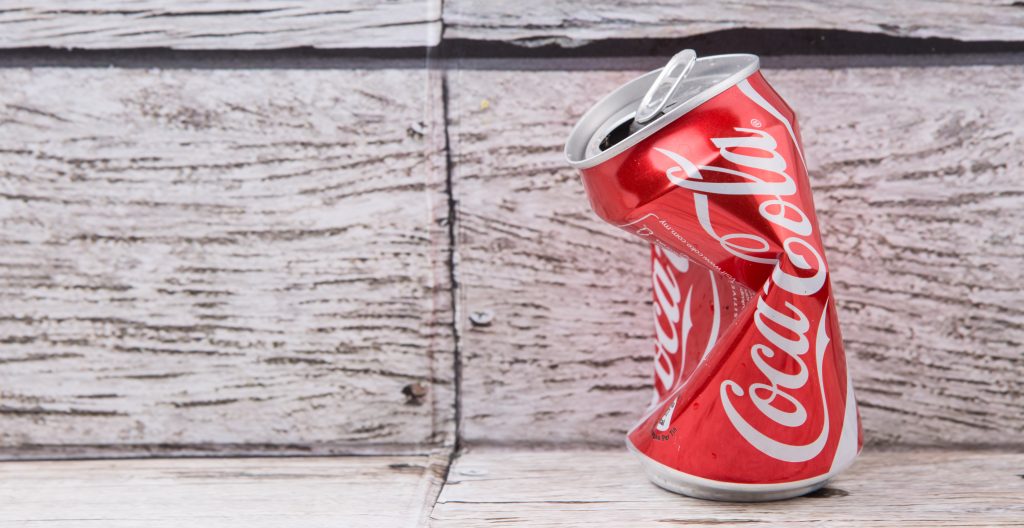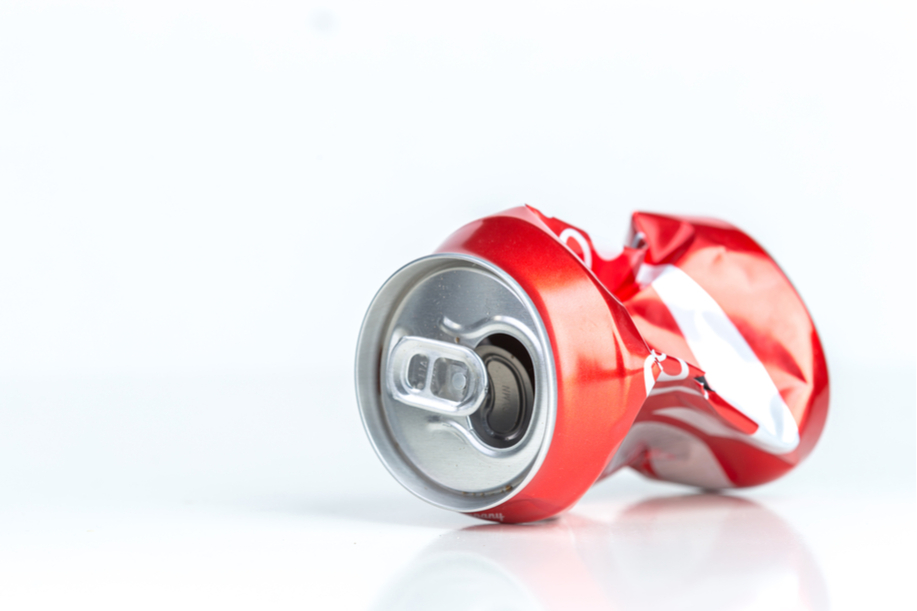“What would life be without pies, frosting, french fries, chips, cupcakes, doughnuts, muffins, popcorn, cookies, crackers, and all manner of processed and packaged foods?” If your answer is, “a lot worse,” you’re in good company. But an editorial in today’s Washington Post has a different answer: “A lot healthier.” The editorial comes in praise of New York City’s recent campaign asking restaurants and food companies to get rid of trans fat — which can be found in many versions of the delights listed above. But according to New York Times science writer Gina Kolata, the case against trans fat is looking a lot like Swiss cheese.
Kolata quotes Center for Science in the Public Interest (CSPI) executive director Michael Jacobson claiming, “the evidence really indicates that there is nothing worse [than trans fats].” The trouble, Kolata writes, is that Jacobson’s statement is “not exactly the view of most scientists who have examined the data.” She explains:
The National Academy of Sciences, the Department of Health and Human Services, the National Heart Lung and Blood Institute and the Food and Drug Administration have all come to the same conclusion: Trans fats are on a par with saturated fats … “I call it the panic du jour,” said Dr. David Kritchevsky of the trans fat fears. Dr. Kritchevsky is a dietary fat and cholesterol researcher at the Wistar Institute, an independent nonprofit research center in Philadelphia. Trans fat, he added, “is an easy whipping boy.”
The trouble with trans fats, CSPI and others say, is that they decrease so-called “good cholesterol.” That may be true, but Dr. Scott Grundy, director of the Center for Human Nutrition at the University of Texas Southwestern Medical Center in Dallas tells Kolata: “we don’t know if that’s harmful or not.” Kolata continues:
In fact, Dr. Grundy said, low fat diets also reduce levels of HDL, and they lower it much more than trans fat. “I think the dietary reduction of HDL is kind of in limbo,” he said. “We don’t know what it means and I wouldn’t overplay it.” Some studies of populations have shown what appear to be weak associations between consumption of trans fat and increased risk of heart disease, independent of the amount of saturated fat in the diet. But Dr. Grundy and others said the association is not strong enough to serve as the basis for a public recommendation.
Of course, New York’s move has implications beyond health. An earlier New York Times article reported that many of the city’s favorite foods may be at risk:
If city health officials succeed in scrubbing the trans fats from New York restaurants, the classic [black and white] cake-cookie hybrid will never taste the same. That goes for that plate of steaming diner fries, birthday cake from the Italian bakery on the corner and most versions of the Jamaican meat patty. Even the hot dog bun and some knishes could be at risk.




